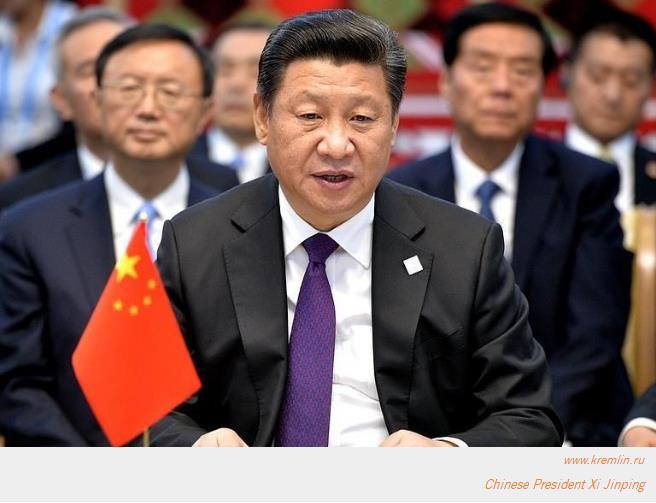
An amendment to the rules on outbound investment from Chinese firms into real estate might give investors a loophole that increases global capital flows and takes Chinese money into new sectors. Investors are examining ways to use an amendment to regulations put in place on 1 March by the National Development and Reform Commission, the Chinese state body which is overseeing outbound capital flows, CoStar reports. The regulations mean that Chinese investors and their overseas subsidiaries have to register all potential real estate deals through an online platform, and deals of more than $300M require government approval. It applies to all countries where China has diplomatic ties.
Deals in the infrastructure and economic development sectors, defined as logistics, business parks and science parks, are also exempt from the tighter regulations. The Chinese government has encouraged such deals because they fit with the country’s Belt and Road economic strategy. The largest example was China Investment Corp.’s €12B purchase of Logicor from Blackstone last year.
However, just because the loophole exists does not mean investors will use it. Former head of real estate at CIC Collin Lan told Bisnow last year that the new regulations were encouraging self-censorship as much as prohibiting investment.
The tighter regulations on outbound investment have had a distinct chilling effect on global Chinese real estate investment.
The U.S. has seen a particularly sharp decline, with just $242M deployed from China in the first quarter, according to Cushman & Wakefield, which is a fraction of the $1.7B quarterly average for the past five years. Globally the figure was $5.6B, a 27% decline. But the amendment could be interpreted to mean that new deals do not need to be registered or require approval if the money comes from the sale of existing assets, or if assets are refinanced with overseas lenders.
“The regulations mean that you have to provide detailed information about risks and strategy," he said. "If you went for it, you might get approval, but I think people will want to keep a low profile for the next 10-12 months.”
CoStar said lenders in the U.K. see the potential loophole as a chance to win business from Chinese clients who have so far preferred to borrow from Chinese banks. It said China Overseas Land and Investment is weighing whether to put debt against its £600M London portfolio as a way of freeing up capital for further investment without government oversight.